Why the Maldives needs India as a strategic partner more than ever
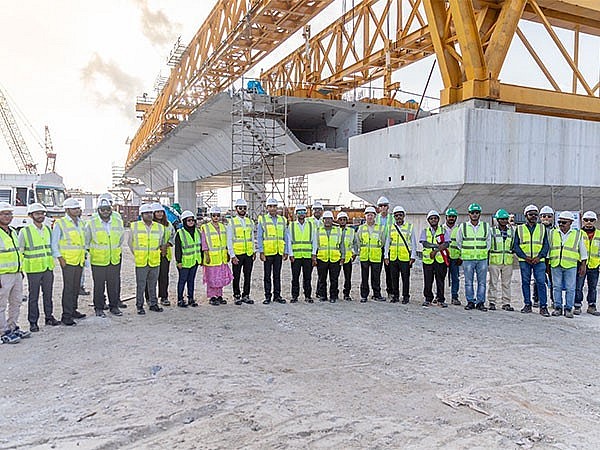 |
At the same time, the Maldives appears to be drifting closer to China's orbit. However, a careful examination of the facts reveals that the Maldives has far more to gain by strengthening its ties with India rather than getting too cozy with China.
The foundations of the India-Maldives relationship are rock-solid, forged over decades of mutual support and cooperation. India has been a constant source of assistance for the Maldives, supporting critical development projects across the islands.
As highlighted, India is currently supporting a staggering 65 community development projects worth $23 million in the Maldives. These projects encompass a diverse range of initiatives, from fish processing plants and drug rehabilitation centers to cultural hubs and sporting facilities.
Beyond development aid, India has also extended a generous budgetary support package of $50 million to the Maldives, rolling over a Treasury Bill through the State Bank of India. This crucial financial lifeline underscores India's unwavering commitment to the Maldives' economic stability and growth.
The ongoing Greater Male Connectivity Project, a transformational infrastructure endeavor, exemplifies the depth of India's investment in the Maldives' future. Backed by an Indian grant and concessional credit worth $500 million, this project aims to stimulate economic growth and enhance the ease of living for Maldivians.
India's assistance to the Maldives extends beyond mere monetary support. The two nations share deep cultural, historical, and strategic ties that have withstood the test of time. India has consistently respected the Maldives' sovereignty and territorial integrity, never seeking to undermine its independence or impose its will.
India has consistently been a reliable partner for the Maldives, extending a helping hand during times of crisis and natural calamities. When the Maldives was devastated by the 2004 Indian Ocean tsunami, India promptly deployed military ships and aircraft to deliver essential supplies and aid to the affected islands.
India's rapid response and humanitarian assistance efforts helped save countless lives and provided much-needed relief to the Maldivian people. More recently, during the COVID-19 pandemic, India supplied essential medicines, medical equipment, and life-saving vaccines to the Maldives, ensuring that the island nation had the resources to combat the virus effectively. India's willingness to support the Maldives during such critical junctures underscores the depth of the bilateral relationship and India's commitment to the well-being and security of its maritime neighbor.
While the siren call of Chinese investment and loans may seem alluring at first glance, the Maldives would be wise to exercise caution. China's Belt and Road Initiative (BRI) has left many nations mired in debt traps, forced to cede strategic assets or grant excessive concessions to Beijing. The Maldives' fragile economy and limited resources make it particularly vulnerable to such predatory lending practices.
By mortgaging its future to China, the Maldives risks compromising its sovereignty and becoming overly dependent on an external power with a track record of exploiting smaller nations for its own gain.
Moreover, China's stance on territorial disputes in the Indian Ocean region and its growing military presence pose a direct threat to the Maldives' security and stability. Aligning too closely with China could strain the Maldives' relations with India, a trusted partner and a regional powerhouse.
As a low-lying island nation, the Maldives is on the frontlines of the battle against climate change and rising sea levels. India, a global leader in renewable energy initiatives and sustainable development, can be an invaluable ally in the Maldives' efforts to mitigate environmental risks and adapt to the impacts of climate change.
India's expertise in areas such as solar power, coastal protection, and disaster management could prove crucial for the Maldives' long-term survival. In contrast, China's track record on environmental issues is far from exemplary, with its massive carbon footprint and rampant pollution raising serious concerns.
Maldives faces a strategic choice: embrace a time-honored partnership with India, a nation that has consistently demonstrated its commitment to the Maldives' well-being, or risk falling into China's debt trap and potentially compromising its sovereignty and security.
India's development assistance comes with no strings attached, respecting the Maldives' right to chart its own course. China's investments, on the other hand, often carry hidden costs and geopolitical agendas that could undermine the Maldives' independence in the long run.
By strengthening its ties with India, the Maldives can benefit from India's economic clout, technological prowess, and regional influence.
At the same time, it can maintain its strategic autonomy and resist attempts by external powers to exert undue influence over its affairs. The Maldives' recent diplomatic row with India over the withdrawal of Indian military personnel should not be allowed to overshadow the immense value and potential of the India-Maldives partnership. Both nations share a common interest in maintaining a stable, secure, and prosperous Indian Ocean region, free from the specter of external interference or hegemonic ambitions.
As the Maldives charts its future course, it would be wise to remember the words of its own foreign minister, who expressed gratitude for India's vital budgetary support, calling it "a true gesture of goodwill which signifies the longstanding friendship between Maldives and India."
In a world increasingly defined by great power rivalries and shifting alliances, the Maldives has an opportunity to reaffirm its commitment to a trusted partner that has stood by its side through thick and thin. By choosing India over China, the Maldives can secure its long-term interests, protect its sovereignty, and ensure a brighter future for its people.
Recommended
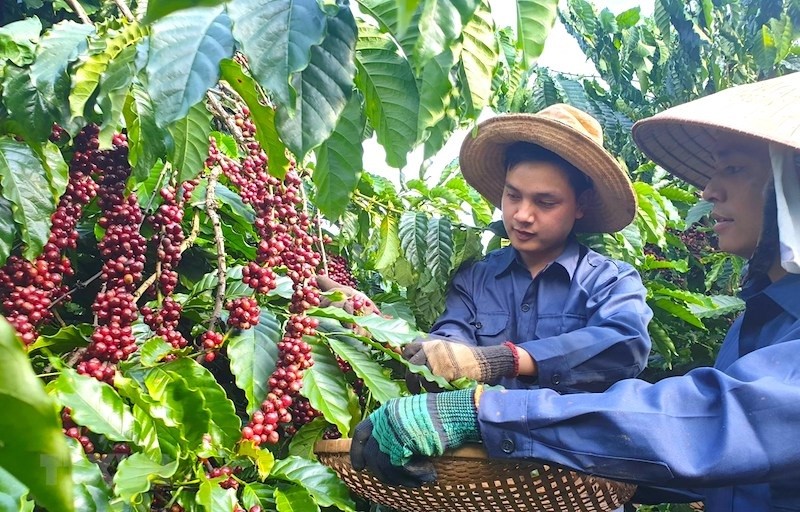 Economy
Economy
UKVFTA Opens up New Opportunities for Vietnamese Coffee Exports
 Economy
Economy
Fostering Digital Economic Growth and Technological Innovation in Vietnam
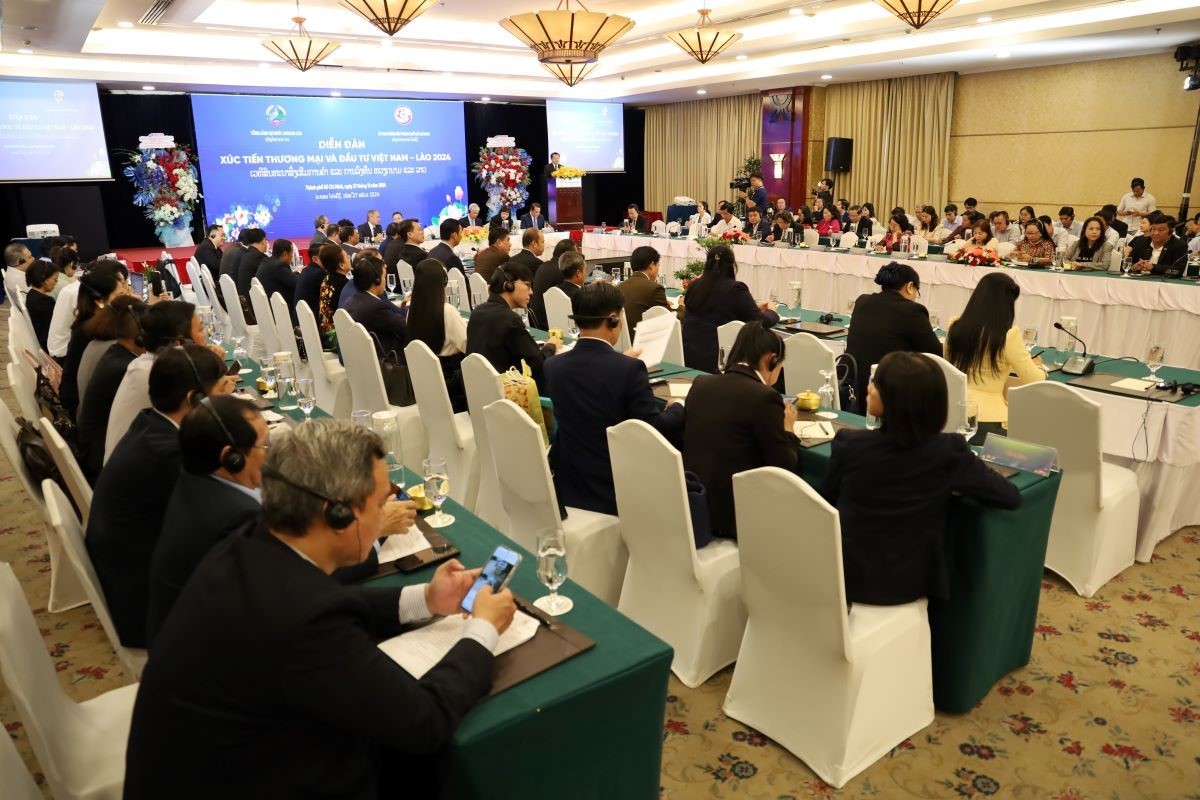 Economy
Economy
Ho Chi Minh City Hosts Forum to Boost Vietnam-Laos Economic Cooperation
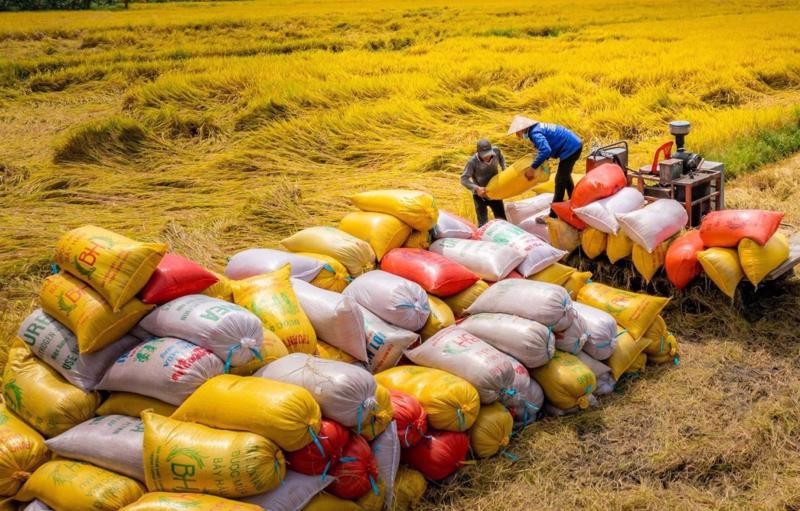 Economy
Economy
Vietnamese Farm Produce Makes Strong Inroads into Malaysian Markets
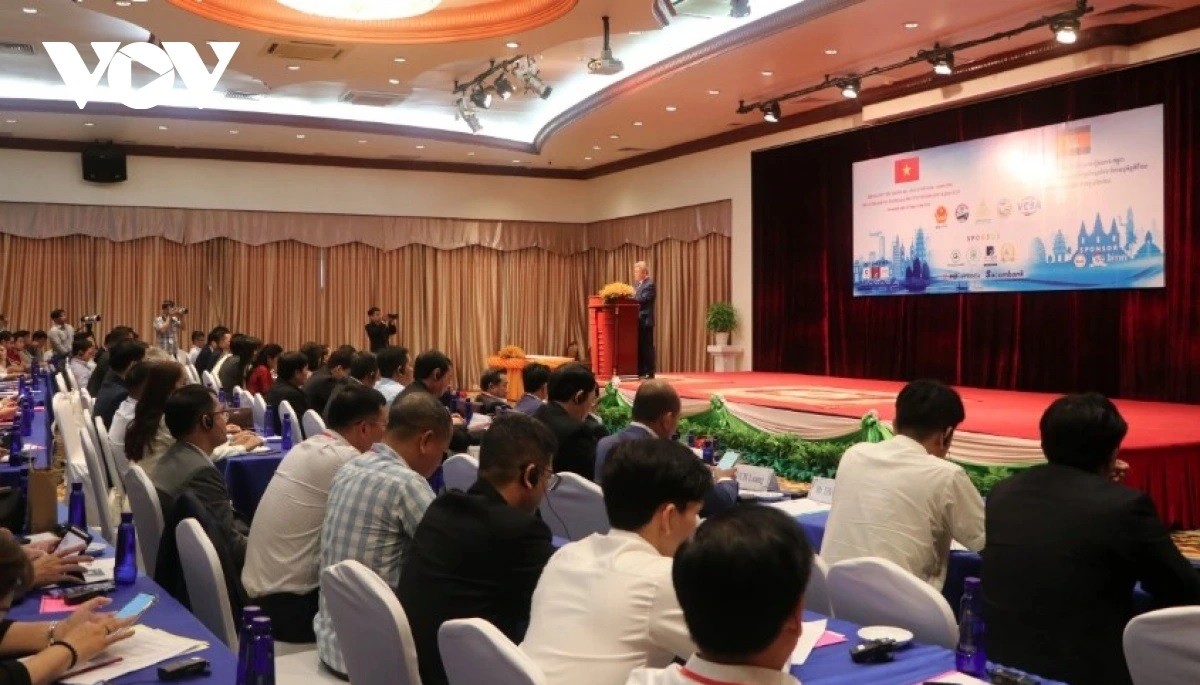 Economy
Economy
Forum Discusses Way to Expand Vietnam-Cambodia Cooperation in Digital Economy
 Economy
Economy
Vietnam Achieves Highest Export Growth to Singapore in 11 Months
 Economy
Economy
Vietnam Ascends to World’s Second Largest Garment Exporter
 Economy
Economy
